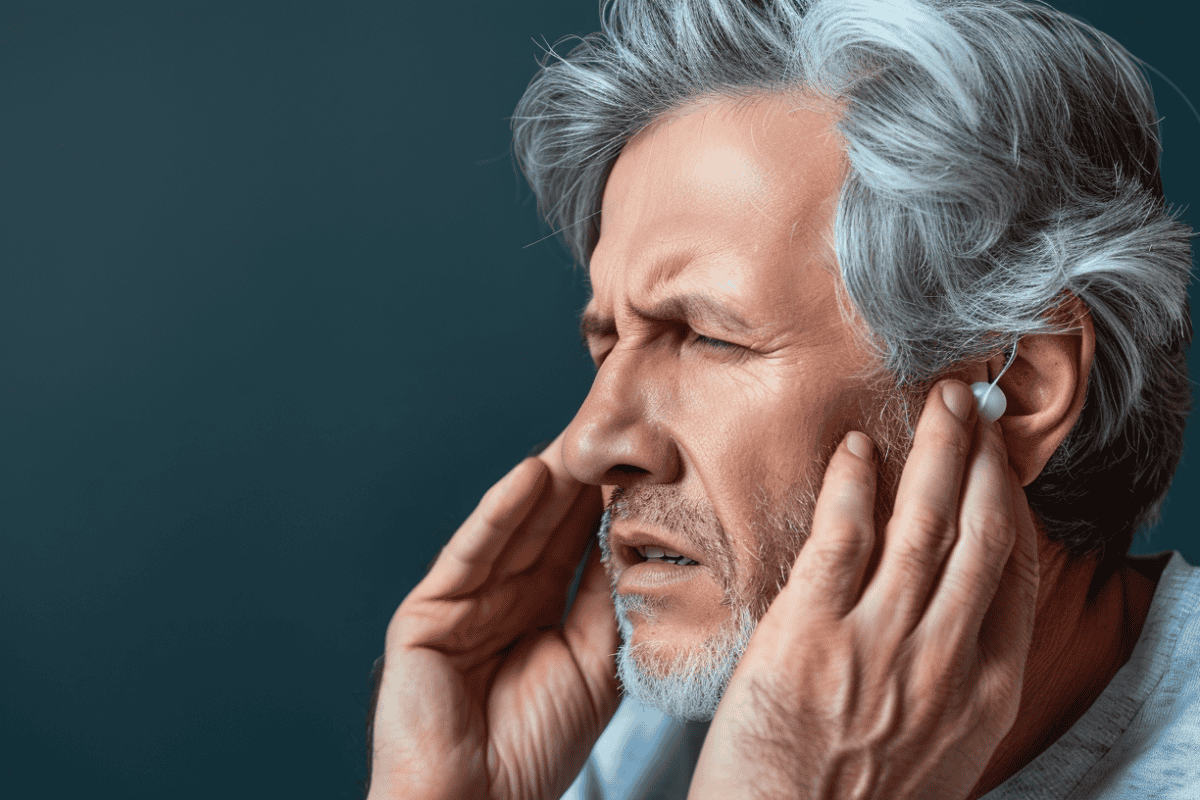Are you suffering from stiff muscles? Or perhaps you’re joints are locked together and need a bit of relief? Are you struggling to get moving without succumbing to pain? In any of these situations, you might find that visiting a physiotherapist is the best course of action. They will be able to provide you with a treatment plan that can reduce your pain and get your muscles moving just like you used to.
Part of your treatment plan might include some pain-relief methodology that might seem painful but actually provides you with significant joy. We’re referring to the likes of acupuncture and dry needling.
You might be thinking that these two are the same. And you’re not wrong, they’re very similar, but they’re different in their approach, treatment and results. Let’s discuss both of these options in more depth below.
Everything You Need to Know About Dry Needling
What’re the Basics?
Dry needling, as stated by Medical News Today, has “the primary aim is to relieve muscle pain and cramping, but it may also help to improve a person’s flexibility.”
The process involves inserting a thin, stainless steel needle into the pressure points on the body, relieving tension and pain in the muscles while producing mood-stimulating endorphins that improve your mood. Many have described the effect of dry needling as “instant”, meaning you’ll feel pain-free almost instantly or within a few hours.
Also known as intramuscular stimulation (or IMS), this form of muscle relief and relaxation can be used for various pains, aches and conditions, most commonly used by sports and athletic therapists.
What are the Benefits?
Simple! You’ll enjoy pain relief, increased flexibility and improved range of motion.
What are the Side Effects?
You might experience bruising around the treated area for a few days after receiving the dry needling. However, in most cases, you will recover within several days.
Everything You Need to Know About Acupuncture
What’re the Basics?
Acupuncture is a form of TCM – Traditional Chinese Medicine. It has been practiced for thousands of years and has become a mainstream medical option for many suffering from both chronic and acute pain.
While the process is the same as dry needling – such as needles being inserted into the body – the location and aim are completely different.
The needles are placed along the “Qi” line – the energy flow – in the body, encouraging and stimulating the central nervous system, resulting in a wealth of health benefits, both physical and mental. The idea is that the pressuring your energy, you can heal your body naturally.
What are the Benefits?
Acupuncture can treat various conditions, including acute and chronic pain, muscle stiffness, migraines and headaches, digestive issues, allergies and many more.
What are the Side Effects?
Compared to dry needling, you’ll barely feel anything while undergoing treatment. Many have fallen asleep while getting acupuncture. However, you might feel lethargic, moody and emotional for a few days after treatment.
So, What’s the Difference?
As you can see, dry needling and acupuncture are very similar in their approach, execution and management. But the key difference is the result of these treatments. We turn to a few local physiotherapists, who can better break down these minimal differences:
Strive Physiotherapy says that the difference is “acupuncture can be used for various medical conditions with the primary focus on naturally healing the body through energy. On the other hand, dry needling is designed to relieve tightness, tension and pain in the muscles.”
Encircle Acupuncture says something similar, stating “dry needling is focused on using strong stimulation on the muscles to get them to release. Acupuncture, on the other hand, does not use strong stimulation and it is based on channel theory and using points to heal the body naturally.”
So there you have it: the similarities and the differences between dry needling and acupuncture. For more information, ask your physiotherapist and see which one can best help you recover from your pain!
This is a sponsored post
Digital Health Buzz!
Digital Health Buzz! aims to be the destination of choice when it comes to what’s happening in the digital health world. We are not about news and views, but informative articles and thoughts to apply in your business.


